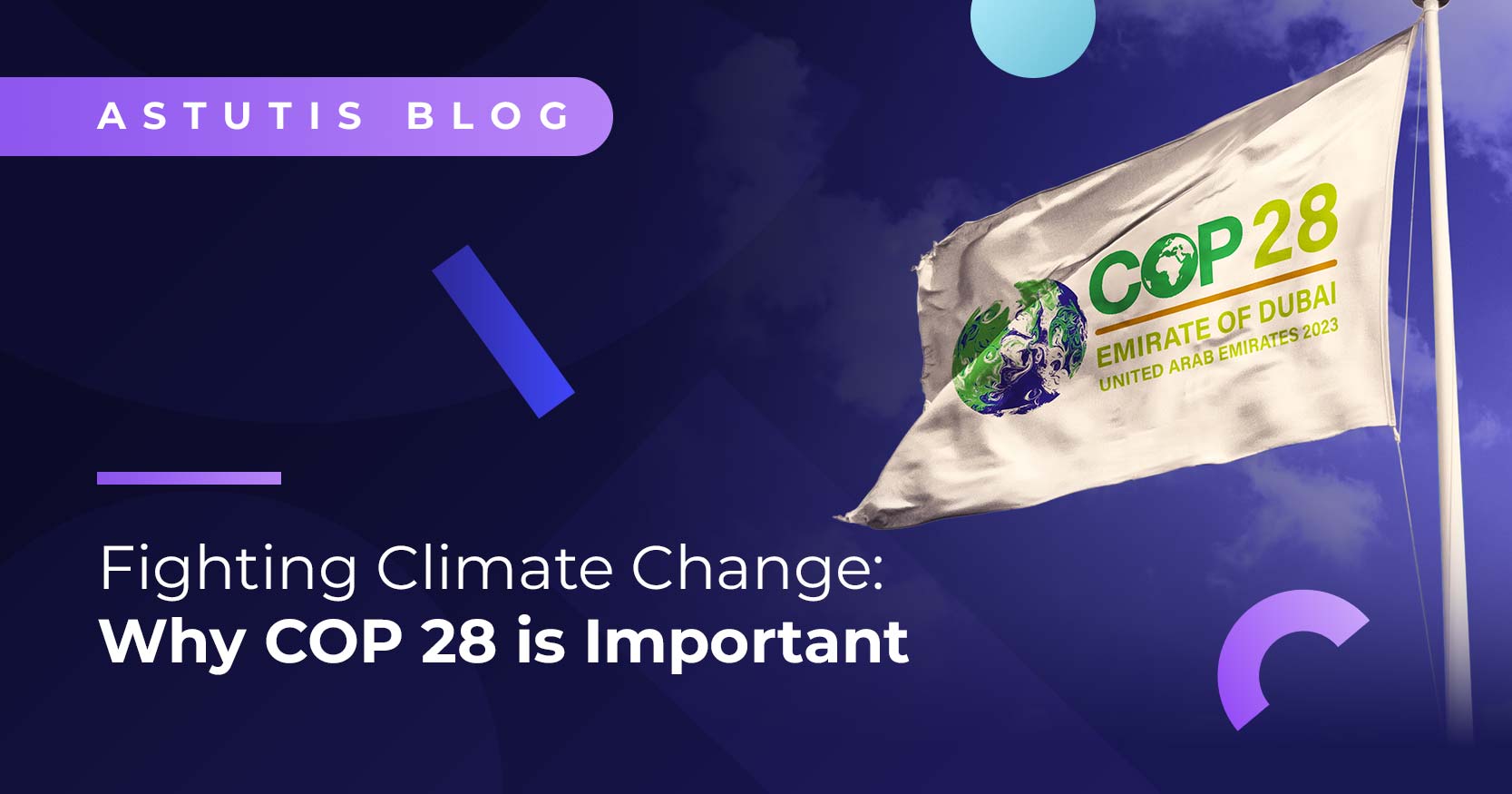 Add My Company
Add My Company

The United Nations Climate Change Conference is a global multilateral platform for making decisions on climate change, with near-universal participation from countries worldwide. The COP is where nations gather to reach consensus on policies, plans and strategies to combat the climate crisis. The measures include limiting the global temperature rise to 1.5 degrees Celsius, aiding communities susceptible to climate change impacts, and how countries can attain NetZero emissions by 2050.
Where is COP 28 being held?
COP 28 took place in Dubai, United Arab of Emirates in December last year. Formally, COP 28 stands for the 28th session of the United Nations Framework Convention on Climate Change's (UNFCCC) Conference of the Parties (COP). Well over 70,000 delegates are anticipated to attend COP 28, including representatives from the UNFCCC member states (Parties) and diverse assemblies such as business executives, youth, climate scientists, Indigenous Peoples, journalists, and other specialists and stakeholders.
Historical Context with COP 21 (the Paris Agreement)
In the history of climate change negotiations, the UN Climate Change Conference (COP 21), the Paris Agreement was a landmark because, for the first time, a legally binding international treaty on climate change was adopted by 196 parties in Paris, France, on December 12 2015. The overarching goal of the Paris Agreement is to hold “the increase in the global average temperature to well below 2°C above pre-industrial levels” and pursue efforts “to limit the temperature increase to 1.5°C above pre-industrial levels.” The Paris Agreement operates on a five-year cycle of increasing the degree of ambitious climate action than previous plans set out by countries. Notably, since 2020, parties have submitted their nationally determined contributions (NDCs), which detail nations' climate change action plans, such as reducing their greenhouse gas emissions in line with the Paris Agreement goals. Year on year, NDCs are expected to have higher ambitions than previous years. To achieve the ambitious goal of limiting global warming to 1.5°C, global greenhouse gas emissions must peak by 2025 and decline by 43% by 2030.
Why is COP 28 important?
We are in a decisive decade of action….
COP 28 provides the opportunity for nations or parties to take action to implement the Paris Agreement goals, agree on solutions for limiting global temperature rise to 1.5°C and set more ambitious national climate plans (NDCs) due by 2025.
What was discussed at COP 28?
The UNFCC and the World Economic Forum report that five cross-cutting themes tackling the causes of climate change and mitigating its impacts were discussed at COP 28
- The first “global stocktake” on climate action progress. Most globally agreed climate targets align with the Paris Agreement on climate change and the 17 United Nations Sustainable Development Goals (UN SDGs). However, the world needs to catch up to meet the targets of the UN SDGs. COP 28 was just months from the halfway point of the UN SDG target date 2030. As a result, COP 28 undertook a comprehensive “global stocktake” to evaluate progress to date, highlight shortcomings, and renew efforts to translate climate commitments into tangible action.
- Speed up the energy transition. Greenhouse gas emissions are on the rise, driven by historical and present contributions disparities. These imbalances stem mainly from unsustainable energy practices, land use changes, diverse lifestyles, and variations in production and consumption patterns among regions, countries, and individuals. One of the critical discussions at COP 28 was on accelerating the uptake of renewable energy, electrification, and energy efficiency and scaling up innovations in hydrogen fuels and carbon capture technologies to reduce greenhouse gas emissions.
- Addressing climate change's impact on people and communities. Climate change due to greenhouse gas emissions has severe harm, impacting both humanity and the environment significantly. These effects disproportionately afflict vulnerable communities that have played a smaller role in contributing to the ongoing climate change. A range of discussions were made around ensuring community resilience and stability on world issues of health and peace, especially in vulnerable communities.
- Climate finance and the impact of global trade. Global trade, including production and distribution in the value chain, constitutes approximately 25 per cent of worldwide greenhouse gas emissions. A Trade Day at COP 28, discussions covered the opportunities to innovate with climate-related green products and services and how to decarbonise the value chain.
- Broader leadership on climate change. Over 50 per cent of the world's population currently lives in cities, and a further 2.5 billion people are projected to join them by 2050. According to a United Nations report, rapid urbanisation is exacerbating the climate change impact on people in communities, as observed with increases in levels of rainfall, storms, and overheating in large, densely populated cities such as New York, Mumbai, and Jakarta, hitting those living in marginalised, informal settlements like slums the hardest. Initiatives like 100 Resilient Cities and the Global Covenant of Mayors underscore the potential impact of the actions of city leaders and how to collaborate to address the effects of climate change. COP 28 engaged with local leaders such as mayors, governors and leaders from businesses and charities to translate climate commitments into action at city and regional levels.
Summary
There was much discussion at the 28th annual Conference of the Parties (COP) of The United Nations Framework Convention on Climate Change. We reflect on some of the key outcomes.
The conference covered critical negotiations on loss and damage finance, a global goal on finance for developing countries, energy and the just transition, closing the emissions gap, and the first-ever Global Stocktake to assess progress toward the goals of the Paris Agreement.
For the first time, countries agree on the need to transition away from fossil fuels in energy systems. This is seen as an important recognition that richer countries are expected to move away from coal, oil and gas more quickly.
However, the deal doesn't compel countries to act, and no timescale is specified.
Many groups - including the US, UK, EU and some of the nations which are most vulnerable to climate change - had wanted a more ambitious commitment to "phase out" fossil fuels. The agreement includes global targets to triple the capacity of renewable energy like wind and solar power, and to double the rate of energy efficiency improvements, both by 2030.
Establish and nurture a culture of sustainability within your own organisation. Educate and involve your team in the net-zero carbon initiative by completing the IEMA Pathways to Net Zero training. Having a collective approach to ideas and decision-making is an absolute necessity for implementing and sustaining positive changes for generations to come.
About the Author:
Enock Ebbah MSc has a wealth of combined experience, having spent 13 years developing and delivering energy, environment and sustainability projects, energy research and responsible engineering. His specialist expertise in strategic NetZero solutions, energy transition, decarbonisation initiatives, and sustainable approaches to using energy, materials, and resources for sustainable development. As an Environment and Sustainability Consultant at Astutis, Enock helps organisations deliver ambitious environment, sustainability and NetZero outcomes by providing environmental assessments, environmental and sustainability training, ESG materiality assessments as well as sustainability reporting and strategy.
For more information on Fighting Climate Change: Why COP28 Is Important talk to Astutis
